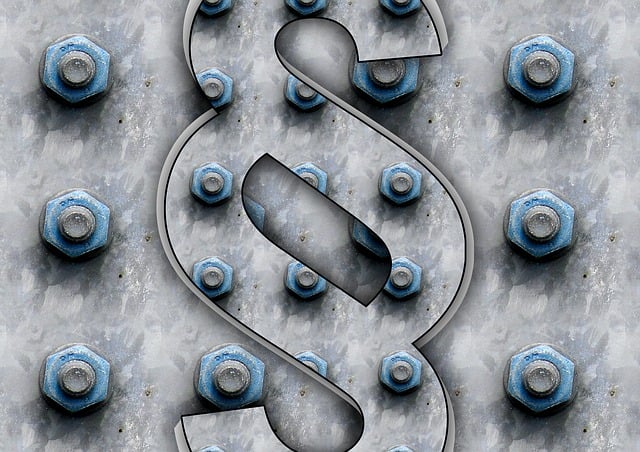Settling breaches of contract outside court through Alternative Dispute Resolution (ADR) offers strategic benefits in healthcare. This approach provides control, confidentiality, and tailored solutions for sensitive cases, preserving resources, relationships, and reputations. ADR transforms dispute resolution, prioritizing open communication and innovative problem-solving for mutually agreeable outcomes.
In the complex landscape of healthcare, legal issues often arise from contractual obligations between providers, patients, and insurers. This article navigates crucial aspects of healthcare law, focusing on understanding and settling breach of contract disputes outside the court. We explore the intricacies of contractual agreements in healthcare settings, delve into scenarios where breaches occur, and highlight effective strategies for alternative dispute resolution. By embracing these methods, healthcare stakeholders can efficiently manage conflicts, fostering better patient care and relationship management.
- Understanding Contractual Obligations in Healthcare
- Breach of Contract: When and How to Settle
- Alternative Dispute Resolution for Medical Disputes
Understanding Contractual Obligations in Healthcare

In healthcare, understanding contractual obligations is paramount for ensuring smooth operations and legal compliance. Contracts between healthcare providers, insurers, and patients outline specific duties and responsibilities, including patient care standards and financial terms. When a breach of contract occurs—such as non-compliance with service agreements or billing discrepancies—it’s crucial to have a strategy in place before escalating the issue. One effective approach is settling breaches outside the court through alternative dispute resolution (ADR) methods like mediation or arbitration.
This proactive approach allows for quicker resolution, cost savings, and preservation of relationships. By avoiding the all stages of the investigative and enforcement process, healthcare entities can maintain operational efficiency while achieving extraordinary results. A skilled legal team specializing in healthcare law can guide institutions through these processes, ensuring that rights are protected and that settlements remain mutually beneficial. This strategy not only streamlines dispute management but also aligns with the evolving landscape of healthcare regulations, fostering a more collaborative and efficient industry.
Breach of Contract: When and How to Settle

When a breach of contract occurs within the healthcare industry, settling outside of court can be a strategic move for both corporate and individual clients. This approach, often referred to as alternative dispute resolution (ADR), offers several benefits in managing legal issues efficiently and cost-effectively. By avoiding jury trials, parties can navigate complex matters with more control and confidentiality, which is particularly sensitive in healthcare where patient records and reputations are at stake.
Settling breaches of contract outside court allows for tailored solutions that address the unique needs of healthcare providers and their corporate or individual clients. In cases involving white-collar defense, for instance, a non-litigious resolution can preserve resources, maintain business relationships, and mitigate potential damage to professional reputations. This method encourages open communication, fostering an environment where agreements can be reached that promote mutual understanding and compliance moving forward.
Alternative Dispute Resolution for Medical Disputes

In the healthcare sector, where every decision can have profound implications, efficient dispute resolution mechanisms are paramount. Traditional litigation often proves lengthy and costly for both corporate and individual clients. As a result, Alternative Dispute Resolution (ADR) methods like mediation and arbitration are gaining traction as game-changers in settling medical disputes outside the court. These processes offer a more flexible, confidential, and cost-effective alternative, enabling parties to achieve extraordinary results without the back-and-forth of courtroom battles.
Across the country, many healthcare providers and insurers are opting for ADR, recognizing its potential to revolutionize their dispute resolution strategies. By fostering open dialogue and creative problem-solving, these methods can lead to mutually beneficial agreements, ensuring a more streamlined and efficient approach to resolving breaches of contract or other medical-related disagreements.
In navigating healthcare legal issues, understanding contractual obligations and knowing how to settle breaches outside the court can significantly reduce costs and time. Alternative dispute resolution methods offer a more flexible and efficient approach for medical disputes. By embracing these strategies, healthcare providers can foster better relationships with patients and peers alike, ensuring a smoother operational landscape. Settling breach of contract cases out of court is not just beneficial for cost-effectiveness; it also allows for quicker resolutions, maintaining the focus on patient care and fostering trust in the healthcare system.






